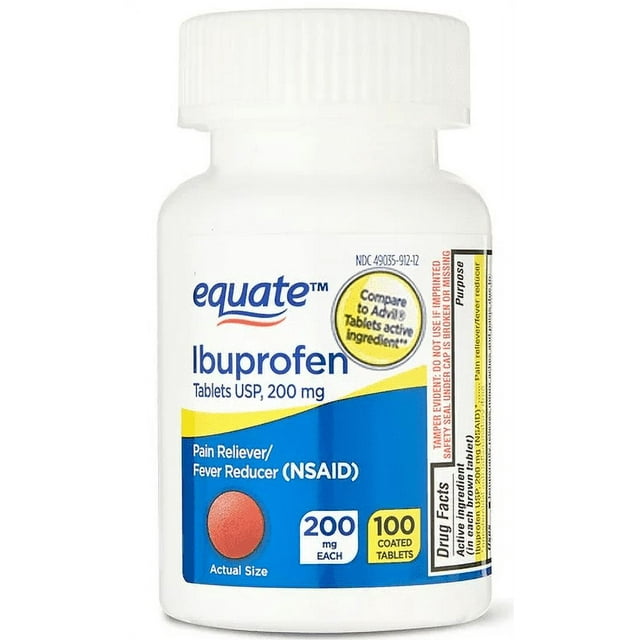Managing a Headache
How do you cure a headache?
Curing a headache depends on the underlying cause of the headache. However, for most common types of headaches, such as tension headaches or migraines, the following strategies may help alleviate symptoms:
- Over-the-counter pain medication: Non-prescription pain relievers such as acetaminophen, ibuprofen, or aspirin can help relieve headache pain. Follow the instructions on the label and consult with a healthcare provider if you have any questions or concerns.
- Rest: Lie down in a quiet, dark room and try to relax. Close your eyes and practice deep breathing or meditation to help reduce stress and tension.
- Hydration: Dehydration can sometimes contribute to headaches. Drink plenty of water throughout the day to stay hydrated.
- Cold or warm compress: Applying a cold or warm compress to the forehead or neck may help reduce headache pain. Experiment to see which temperature works best for you.
- Massage: Gentle massage of the neck, shoulders, and scalp can help relax tense muscles and relieve headache pain.
- Avoid triggers: Identify and avoid triggers that may contribute to your headaches, such as certain foods, stress, or lack of sleep.
- Regular exercise: Engaging in regular physical activity can help reduce the frequency and severity of headaches for some people.
- Good posture: Maintain good posture, especially if you sit at a desk for long periods, to reduce strain on the neck and upper back.
- Choose a heart healthy diet that combats high blood pressure.
If your headaches are severe, frequent, or accompanied by other symptoms such as vision changes, dizziness, or nausea, it’s important to see a healthcare provider for a proper diagnosis and treatment plan. Headaches can sometimes be a symptom of a more serious underlying condition, so it’s important to seek medical attention if you are concerned about your headaches.




